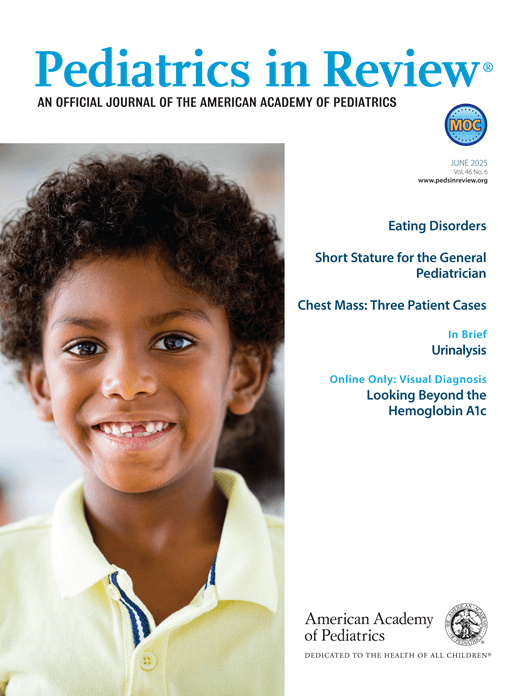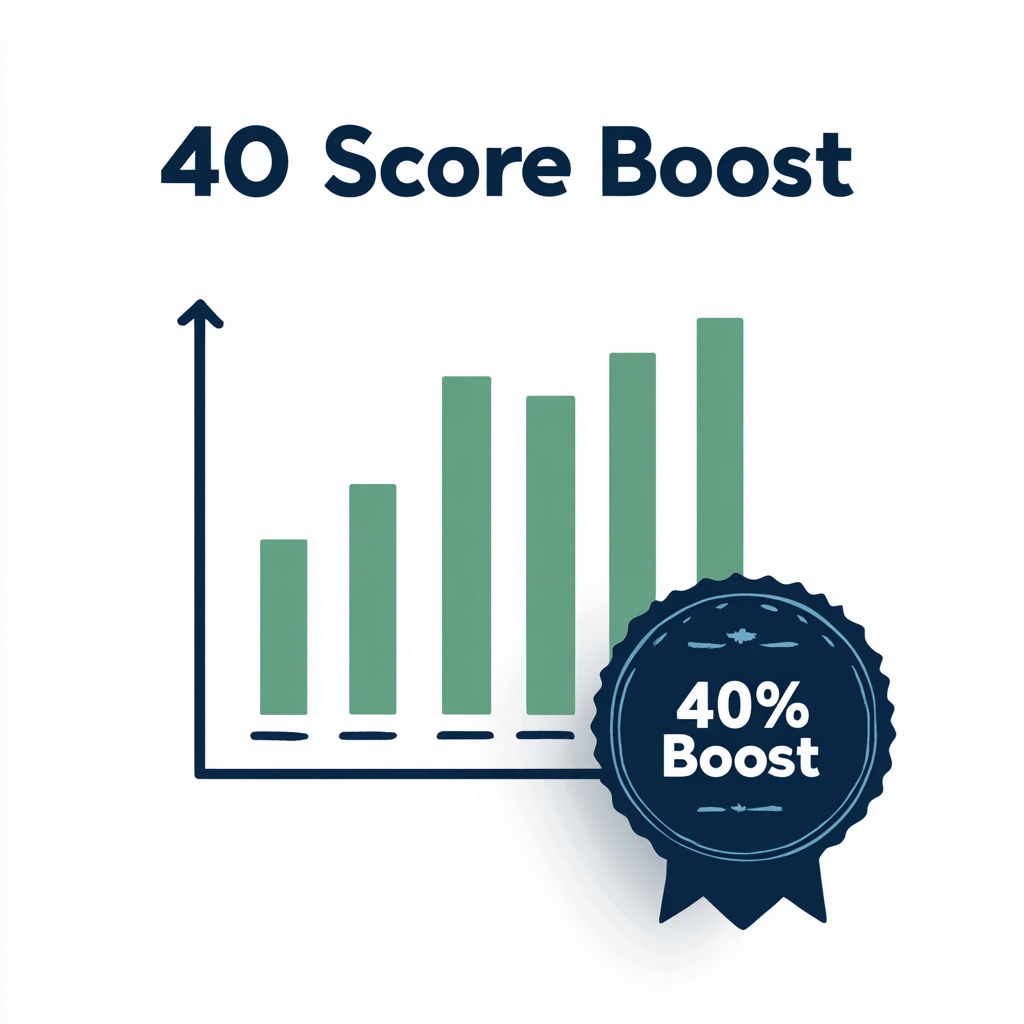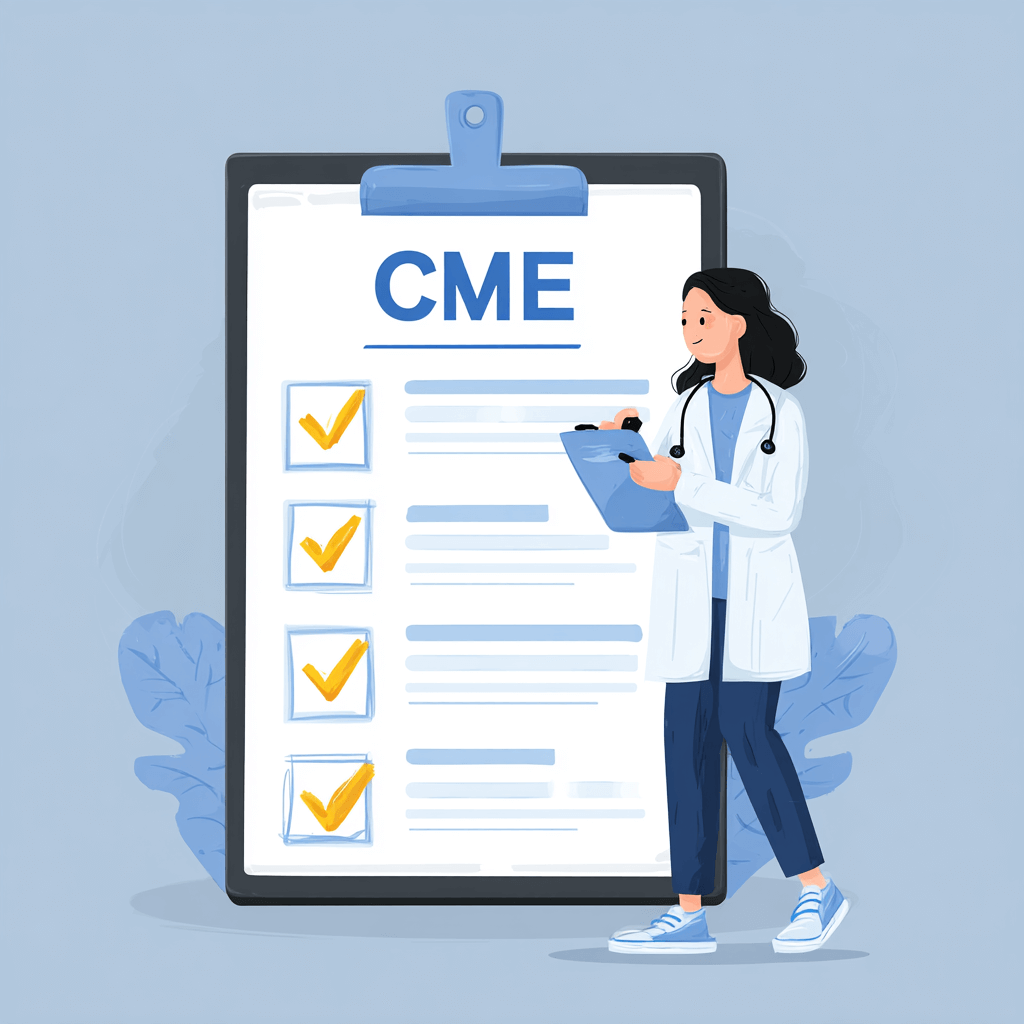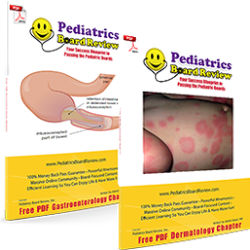Should I Be Reading Pediatrics In Review?
Pediatrics In Review (PIR): A Valuable Tool, But Not for Everything
If you’re a pediatrician, you've likely come across Pediatrics In Review (PIR) more than once. The resource is fantastic for staying current in clinical practice, but it’s not the best tool if your goal is to pass the board exams. As a pediatrician who took the American Board of Pediatrics (ABP) initial certification exam twice, trust me, because I've been there. Let’s dive into why Pediatrics In Review is great for some things—but not for everything.
What is Pediatrics In Review?
 So, what exactly is Pediatrics In Review? PIR is a monthly journal published by the American Academy of Pediatrics (AAP). It’s designed specifically for pediatricians who want to stay sharp and up-to-date with the latest in pediatric care. Whether you're fresh out of medical school, or you've been practicing for years, PIR offers a variety of content to keep you engaged. From clinical reviews to case studies and interactive quizzes, there’s a great deal of value packed into every issue.
So, what exactly is Pediatrics In Review? PIR is a monthly journal published by the American Academy of Pediatrics (AAP). It’s designed specifically for pediatricians who want to stay sharp and up-to-date with the latest in pediatric care. Whether you're fresh out of medical school, or you've been practicing for years, PIR offers a variety of content to keep you engaged. From clinical reviews to case studies and interactive quizzes, there’s a great deal of value packed into every issue.
While in residency, reading Pediatrics In Review is a great way to help you stay on top of the constantly evolving world of pediatrics. The journal has evolved over the years. It’s not just passive reading because it includes interactive features, like case studies and quizzes that encourage you to actively engage with it.
Evolution and Relevance for All Levels
One of the best things about Pediatrics In Review is how it can be used at different stages of a pediatrician’s career. It’s great for residents, early-career pediatricians, and for those who have been in practice for decades. The journal covers such a wide range of topics. So, no matter where you are in your career, you'll find something relevant. Plus, the interactive features, like quizzes and real-world case studies, make learning feel more like a conversation than a lecture—which is a huge win when you're busy.
Why PIR is Not Ideal for Board Exam Preparation
Now, let’s talk about where Pediatrics In Review is not a good fit. When I was prepared for my first American Board of Pediatrics (ABP) initial certification board exam, I studied from way too many things. I used Pediatrics In Review, multiple board review books, a highly recommended video course, and just everything else I thought could give me an edge. I thought the more information I studied, the better prepared I’d be. Isn't that how it's supposed to work? Well, despite all of my efforts, when the score came back… I failed.
 I remember sitting there, staring at my results, feeling completely defeated after failing my first-ever board exam. I had put in so many hours and so much effort, and it didn't give me the results I was hoping for. But looking back, I can see what went wrong. I was spreading myself too thin, trying to cover everything in pediatrics. Along those lines, Pediatrics In Review is great for clinical practice, but it covers such a broad range of topics that it’s easy to get lost in the information that is CLINICALLY relevant, but is not highly BOARD relevant. So, I was focusing on mastering all of pediatrics instead of zeroing in on the high-yield, must-know content for the board exams.
I remember sitting there, staring at my results, feeling completely defeated after failing my first-ever board exam. I had put in so many hours and so much effort, and it didn't give me the results I was hoping for. But looking back, I can see what went wrong. I was spreading myself too thin, trying to cover everything in pediatrics. Along those lines, Pediatrics In Review is great for clinical practice, but it covers such a broad range of topics that it’s easy to get lost in the information that is CLINICALLY relevant, but is not highly BOARD relevant. So, I was focusing on mastering all of pediatrics instead of zeroing in on the high-yield, must-know content for the board exams.
Refocusing the Strategy
After that failure, I needed to change my approach if I wanted to pass the boards the second time around. I stopped trying to master everything. Instead, I zeroed in on the high-yield content that consistently showed up on the exam in vignettes and in answer choices. That' when several of the traditionally perscribed board review resources, and Pediatrics In Review, were put on a shelf to collect dust.
I created a much more focused study plan, and with this new strategy, I was able to increase my score by 40%. That experience inspired me to create Pediatrics Board Review (PBR), which has since helped thousands of pediatricians pass their boards—even those who previously failed 9 and 10 times. The key? It wasn't to focus on the amount of information, but to focus on the right information, and to review it again and again.

Pediatrics In Review just isn’t tailored for that kind of focused studying. It’s broad, and it's not meant for board prep.
Maximizing the Value of PIR in Clinical Practice
While Pediatrics In Review is not a good tool for board preparation, it’s definitely a valuable resource for continuing your education and refining your clinical skills. For those who are already in practice, it’s a great way to stay up-to-date with new treatments, guidelines, and best practices. Pediatrics is always evolving, and PIR does a great job of keeping up with the evolutions in medicine.
Teaching Tool for Residents and Fellows
 Pediatrics In Review is also a fantastic resource if you’re in a teaching role. Whether you're working with residents, fellows, or medical students, the case studies and quizzes can be a great way to spark discussion. It's one thing to read about a condition, but it’s another to apply that knowledge to a pseudo-real-life scenario, and that’s what PIR helps with.
Pediatrics In Review is also a fantastic resource if you’re in a teaching role. Whether you're working with residents, fellows, or medical students, the case studies and quizzes can be a great way to spark discussion. It's one thing to read about a condition, but it’s another to apply that knowledge to a pseudo-real-life scenario, and that’s what PIR helps with.
So, while PIR is not the best resource for board preparation, it’s a great resource to aid in your day-to-day clinical and educational work.
Pediatrics In Review's Role in Continuing Medical Education (CME)
 Every practicing pediatrician needs Continuing Medical Education (CME) credits. Staying current with your CME requirements can sometimes feel like another daunting hurdle as you try to balance a busy practice, personal life, and everything else. This is where PIR really shines for pediatricians. It offers quizzes after the articles that you can take to earn CME credits, which makes it a flexible and time-efficient tool.
Every practicing pediatrician needs Continuing Medical Education (CME) credits. Staying current with your CME requirements can sometimes feel like another daunting hurdle as you try to balance a busy practice, personal life, and everything else. This is where PIR really shines for pediatricians. It offers quizzes after the articles that you can take to earn CME credits, which makes it a flexible and time-efficient tool.
Instead of blocking off time to attend conferences or signing up for lengthy online courses, you can take on a couple of PIR articles during your downtime. Then, you can quickly go through the quizzes at the end of each article are quick, and before you know it, you’ve earned some CME credits. This really can be a lifesaver.
Conclusion: Balancing the Use of Pediatrics In Review
Where does Pediatrics In Review fit into the bigger picture for you? It’s a great resource for staying current and refining your clinical practice, but it’s NOT the right tool for board exam preparation. So, if you’re planning on taking the American Board of Pediatrics (ABP) initial certification exam, I strongly recommend that you focus on more targeted, and proven, board review materials, like Pediatrics Board Review (PBR).
Preparing for your board exam is all about efficiency and efficacy. You need to master the high-yield content through repetition. The repetition breeds reinforcement and the reinforcement breeds mastery of the information. Pediatrics In Review is just too broad for that kind of focused prep. But, in clinical practice, it's invaluable for keeping your skills sharp and earning those CME credits without much hassle.
Personal Insights
I’ve been there—feeling overwhelmed, using every resource I could find, including Pediatrics In Review. I thought that approach would help me pass the boards. If I could go back in time, though, I’d tell myself to focus on what really matters for the exam and leave Pediatrics In Review for later. It’s a great tool, but just not for the boards.
If you’re trying to figure out how to prepare for the boards, here’s my advice: focus on core review materials that you can go through repeatedly and only use Pediatrics In Review, or UpToDate, or even another board review book, to clarify a tricky topic. Spend no more than five minutes on it. Spending more time than that will mean that you are stealing time away from time that you could be spending on the highest-yield information that has been carefully curated for you within your primary study guide.
It’s about working smarter, not harder. And if you’re ready to finally pass those boards, use PBR. It was created using the information and the strategies that helped me pass, and it’s helped thousands of others too. In fact, it helped me do so well on my boards that the American Academy of Pediatrics even asked me to write board questions for them.
Ready to Master Your Board Preparation?
If you’re tired of feeling overwhelmed with too many resources, or not having enough clarity on how to prepare for the boards, it’s time to switch things up. Explore how Pediatrics Board Review can help you finally pass the boards and move on with your career and your life with confidence.
Good luck—you’ve got this!

Watch Your Free Video Training Session Now
Learn HOW to Answer Board Style Questions &
Be a Better Test Taker



